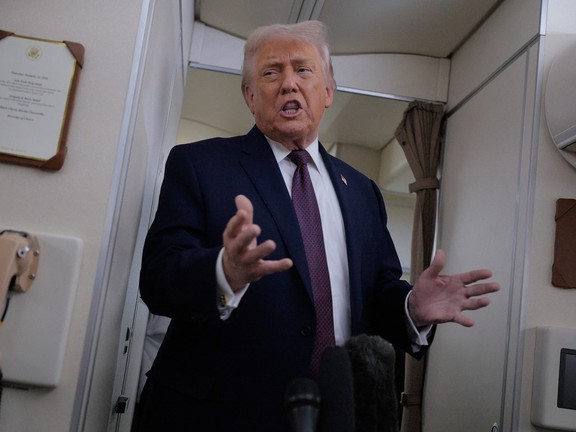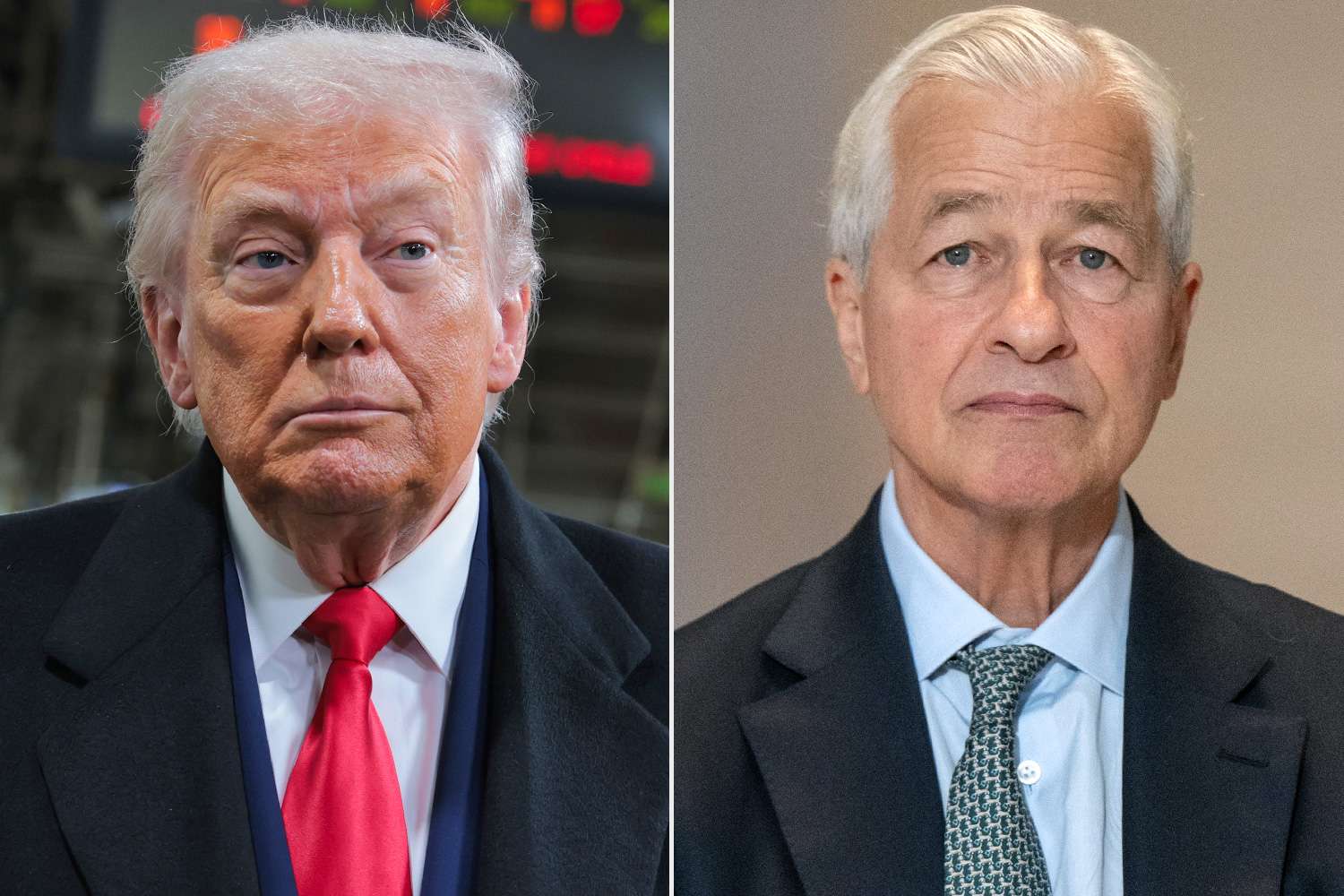As US Gets Tough On Moscow, Has Putin’s Strategy Of Playing Trump Run Its Course?

The Kremlin may have believed that US President Donald Trump lacked the resolve to exert real pressure on Moscow to end the war in Ukraine. For months, carefully timed calls from the Kremlin seemed to persuade the White House to pull back from decisive actions — including Trump’s recent reversal on supplying long-range Tomahawk missiles to Kyiv.
But the latest US Treasury sanctions on Russia’s two largest oil companies — Rosneft and Lukoil — may now force President Vladimir Putin to reassess both his approach to Trump and his broader war strategy.
Former Russian president and Putin ally Dmitry Medvedev lashed out at Trump, calling him a “talkative peacemaker who has now fully embarked on the war path against Russia,” adding pointedly, “This is his conflict now, not the senile Biden’s.”
While the sanctions themselves may not devastate Russia’s economy, oil remains central to funding the Kremlin’s war in Ukraine. Despite years of Western restrictions, Moscow has developed methods to skirt sanctions, and Russian officials say they will adapt once again. “Our country has developed a strong immunity to Western restrictions,” foreign ministry spokesperson Maria Zakharova declared.
The real challenge for the Kremlin lies in the erosion of its long-favored strategy of manipulating the Trump administration — offering gestures of peace and trade opportunities while continuing its military offensive. That tactic appears to have reached its limits. Trump, increasingly wary of being “played along” by Putin, has taken his first significant punitive step against Russia since returning to office.
Alongside the sanctions, Trump abruptly canceled a planned summit with Putin in Budapest — a blow to the Kremlin’s hopes of another high-profile meeting showcasing Putin’s global relevance. Russian officials had claimed that preparations were underway, but the optimism now seems misplaced.
Putin, facing war crimes charges and growing isolation, had relished August’s summit with Trump in Alaska — a rare diplomatic win that projected parity between Moscow and Washington. This time, however, the White House insists there will be no repeat unless Russia shows tangible progress on peace in Ukraine.
The US Treasury has hinted at even tougher sanctions ahead, signaling what could be the start of a more assertive American approach toward Moscow. Ukraine’s President Volodymyr Zelensky hailed the move as “very important,” while European leaders expressed relief at Washington’s firmer stance.
Still, uncertainty lingers. After nine turbulent months of Trump’s presidency, diplomats in Kyiv, Brussels, and even Moscow remain cautious — aware that, in Trump’s unpredictable world, a single well-timed phone call from Putin could shift the balance once again.



